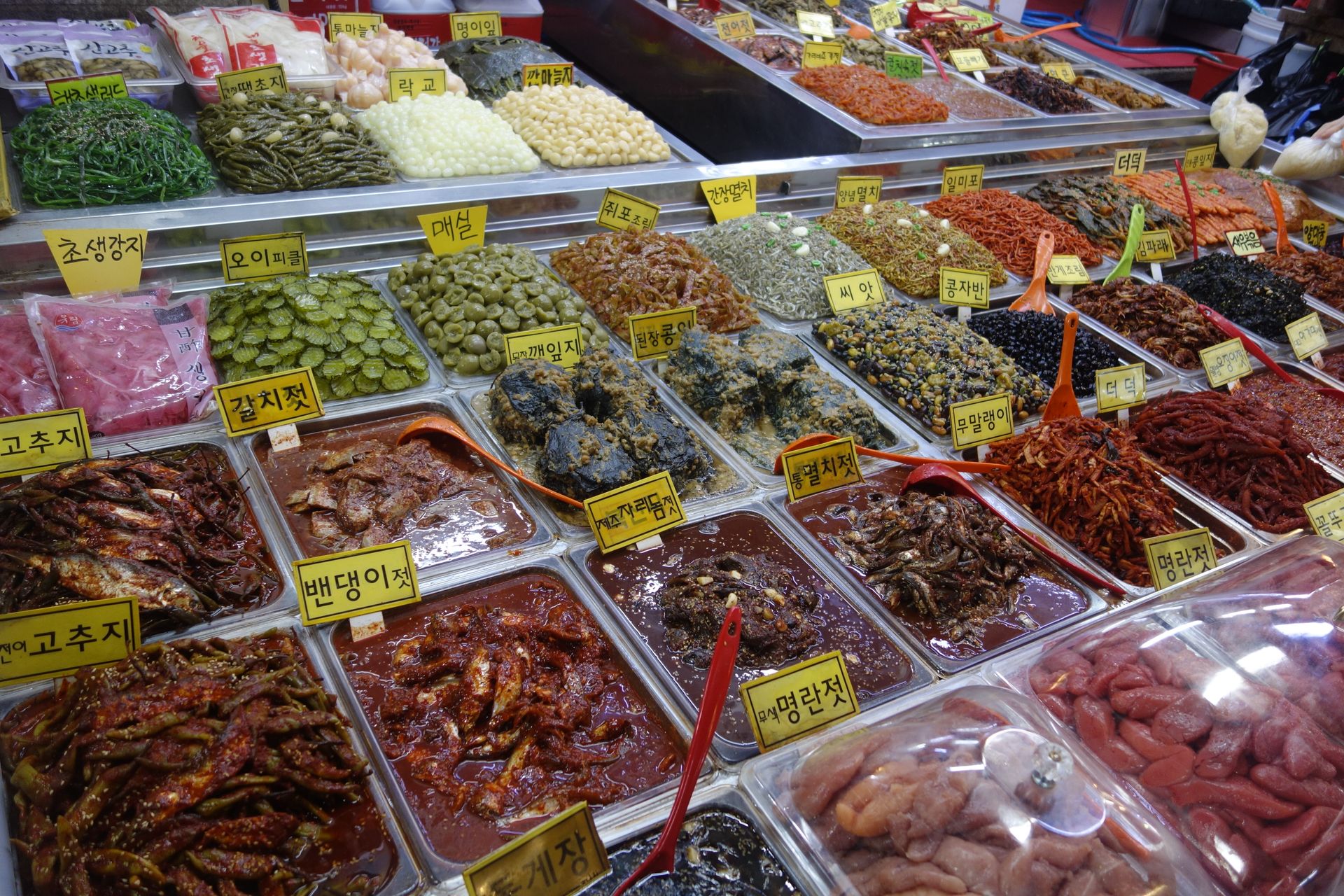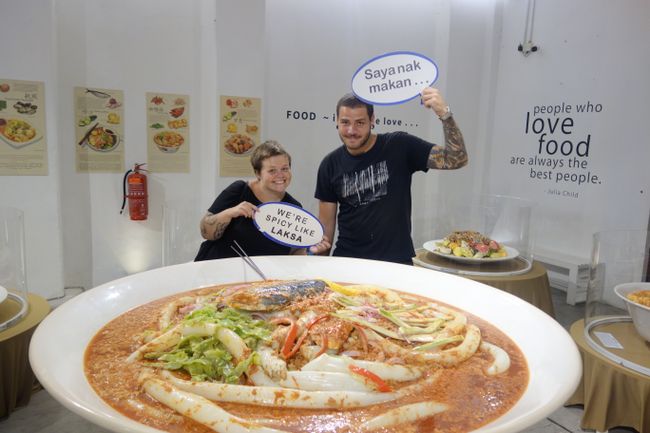14.06. - 18.06.19 From Melbourne to Alice Springs via Oodnadatta Track
Publisert: 18.06.2019
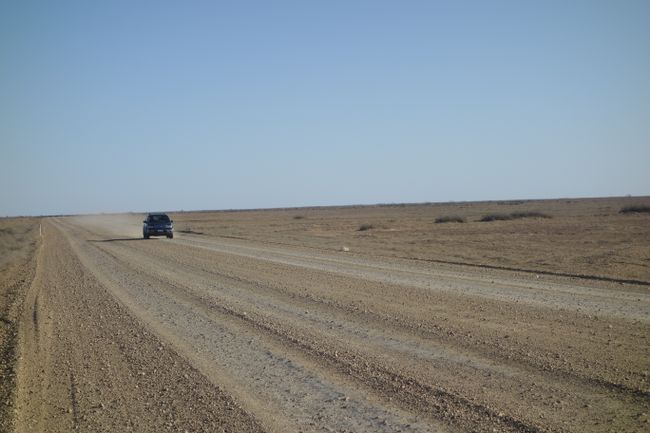
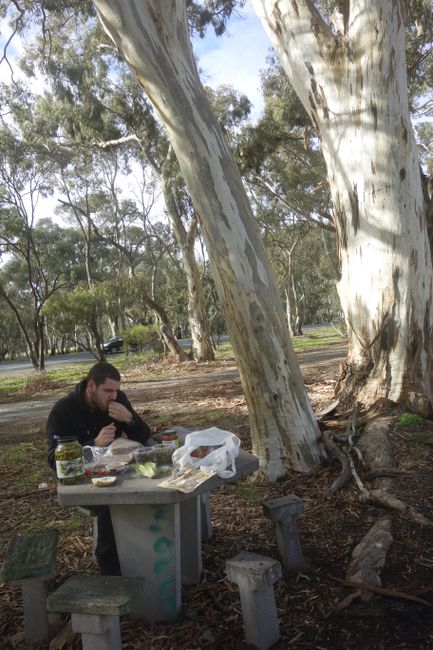
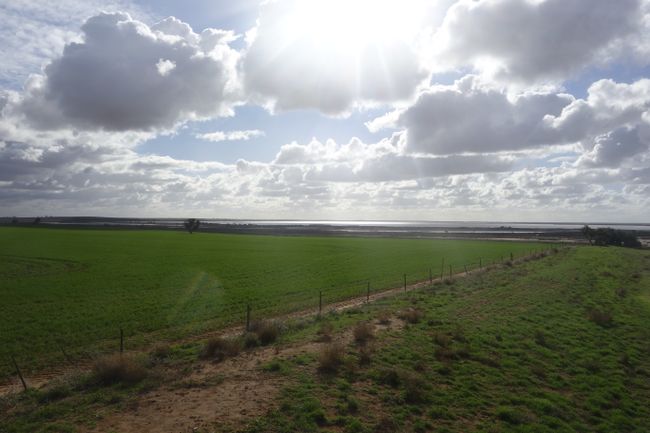
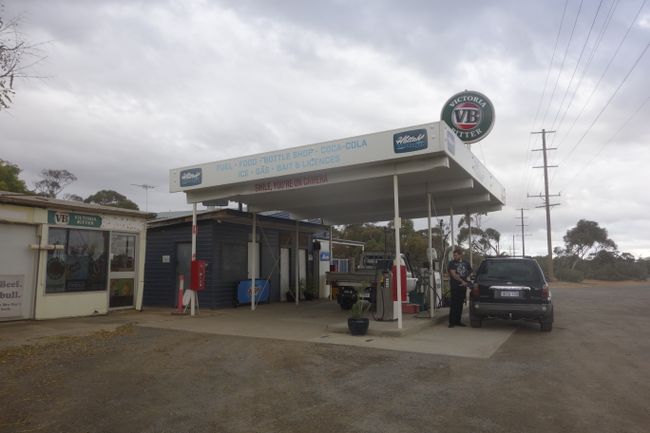
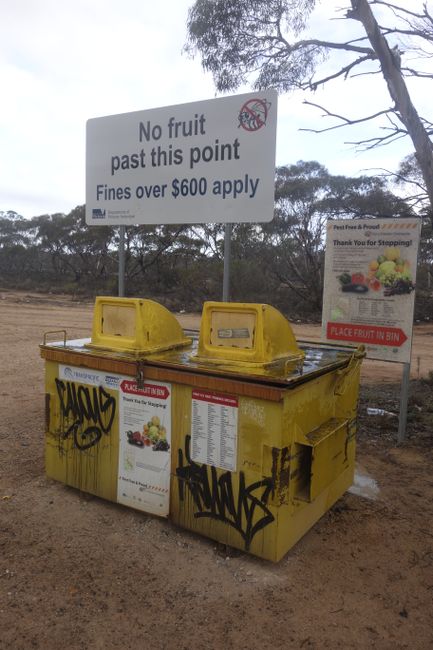
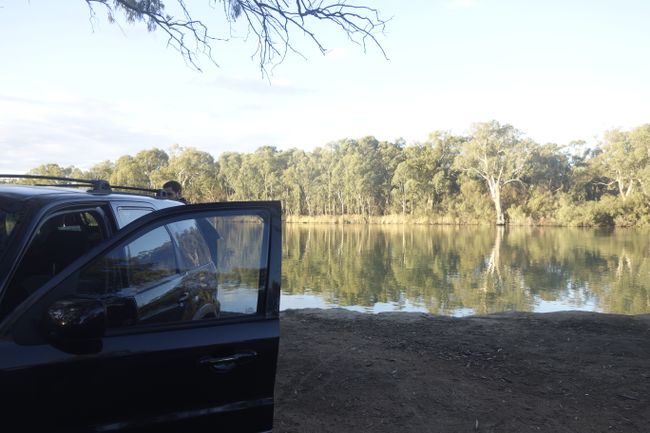
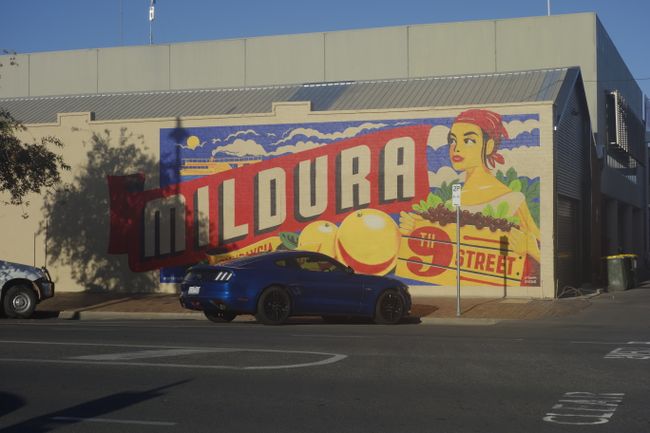
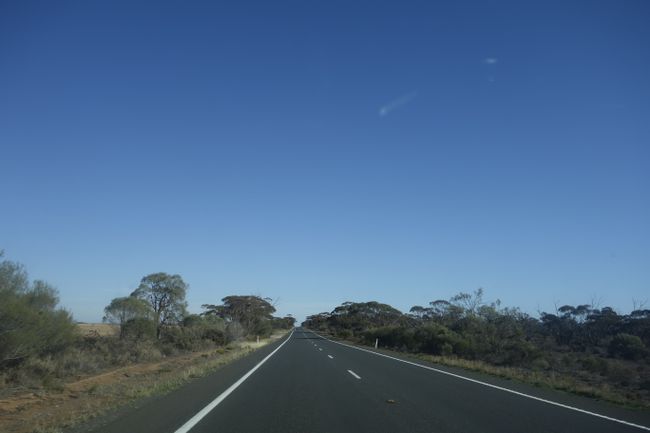
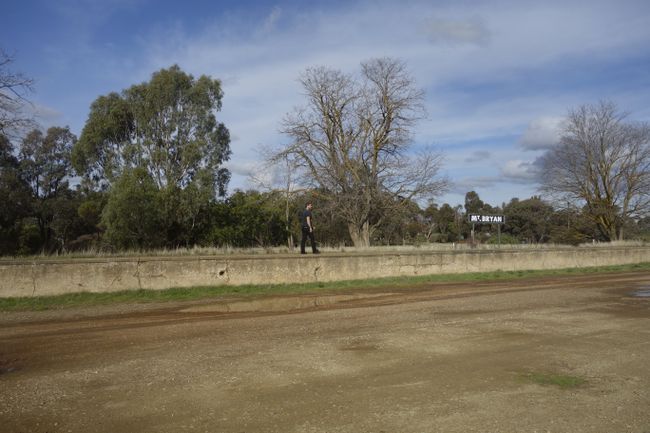
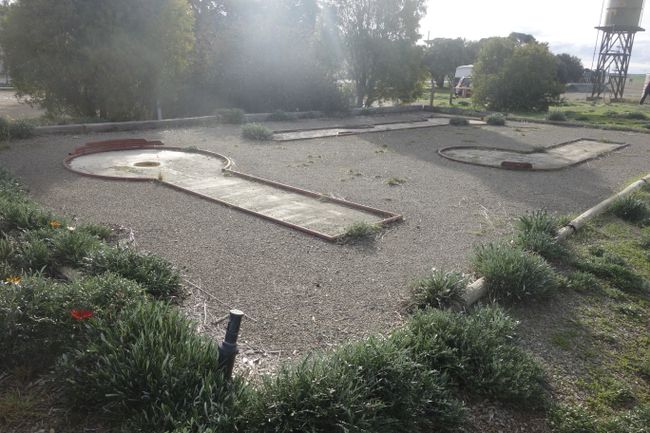
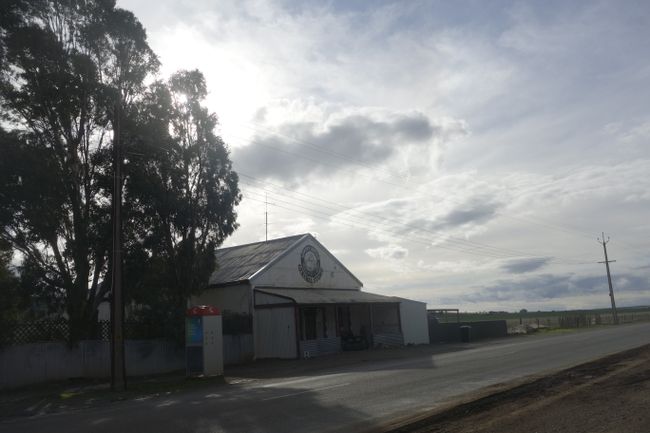
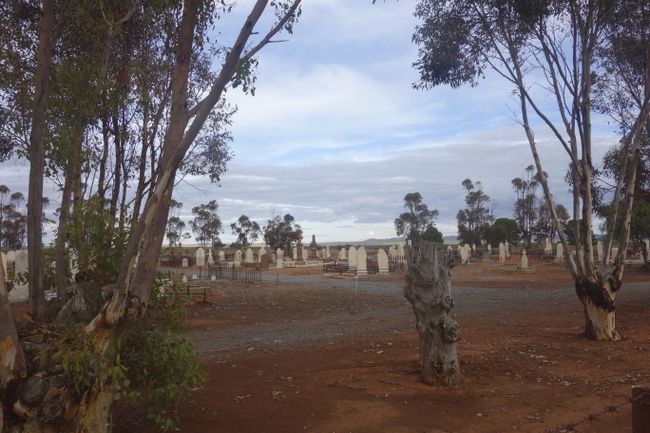
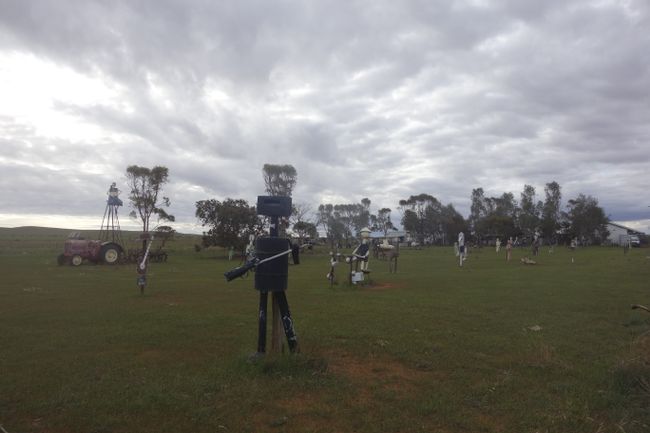
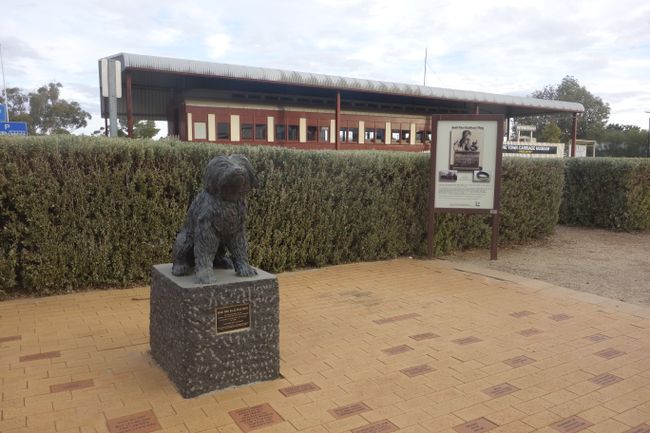
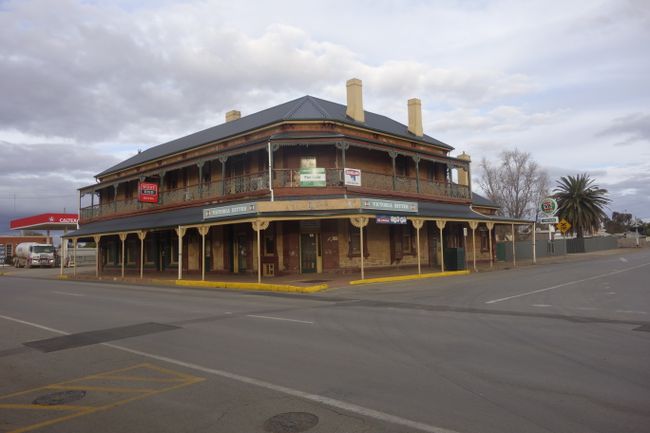
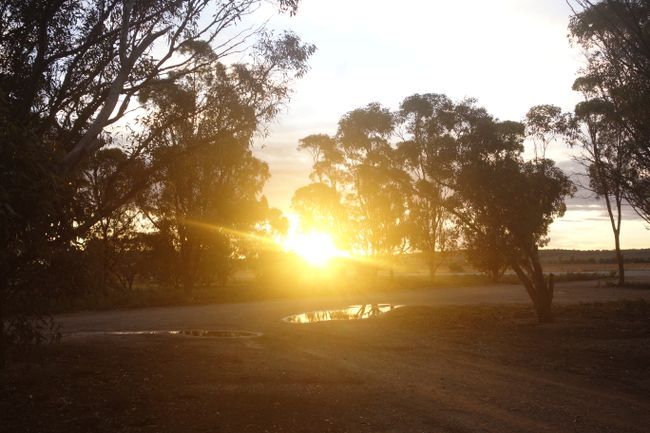
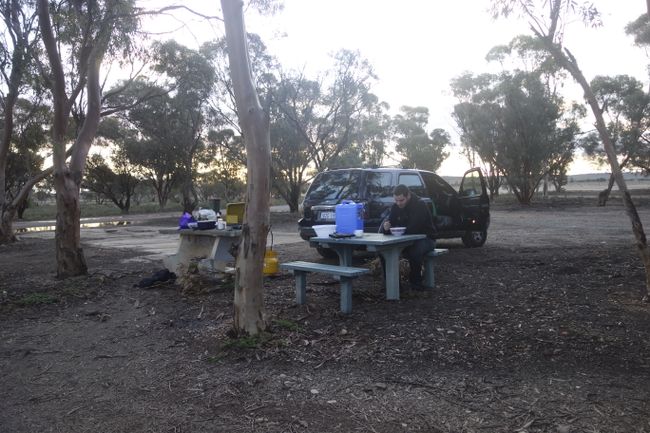
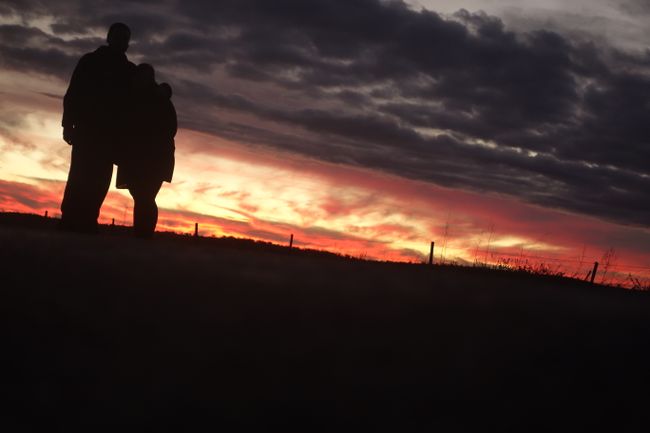
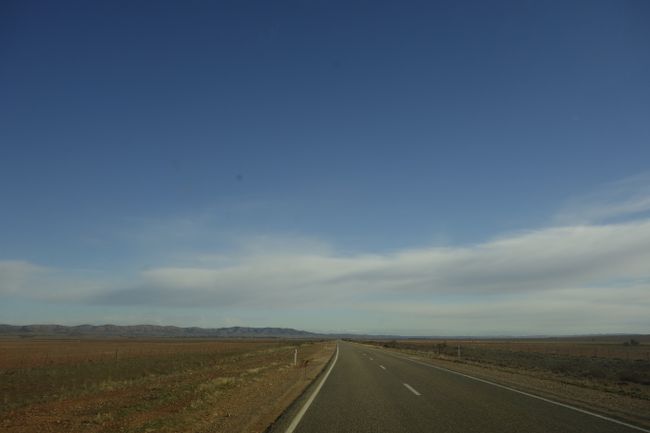
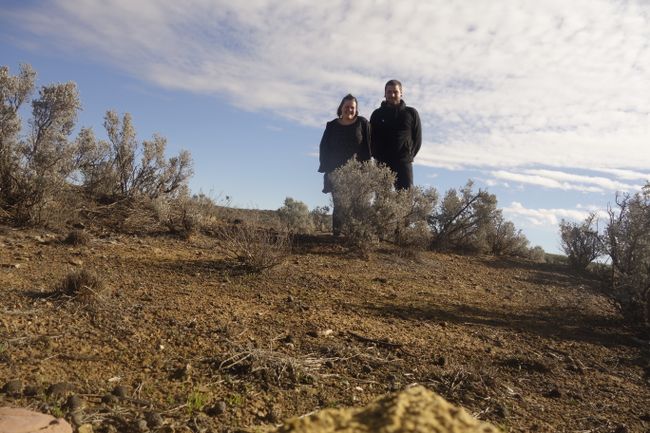
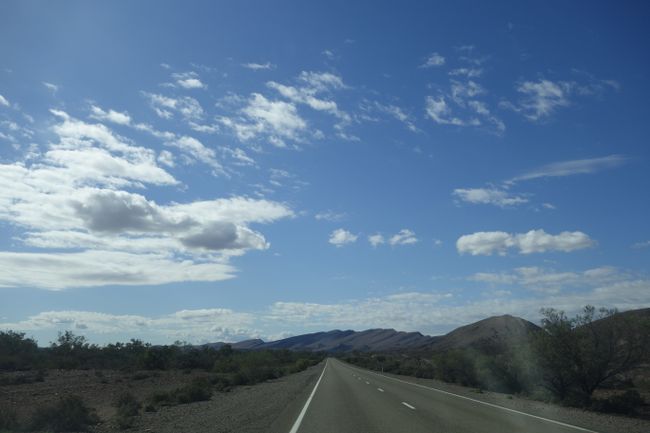
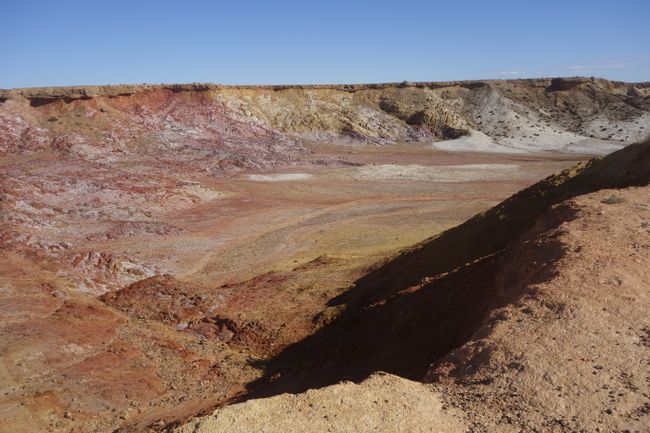
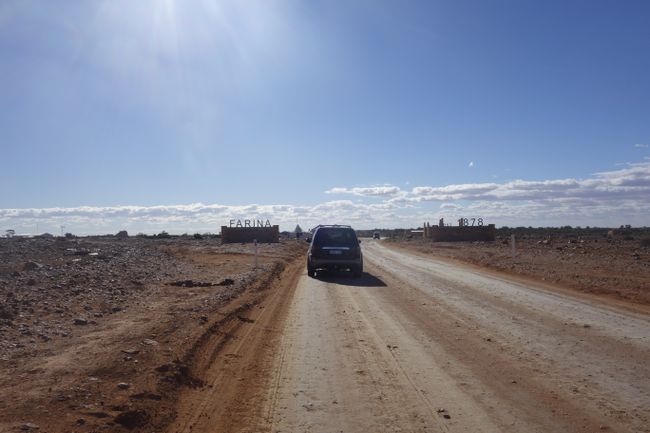
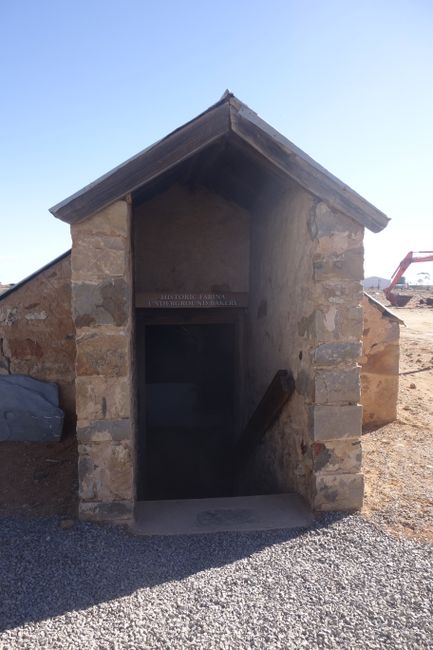
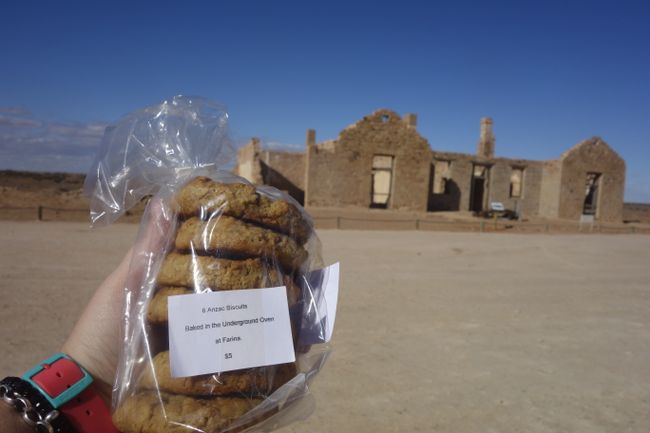
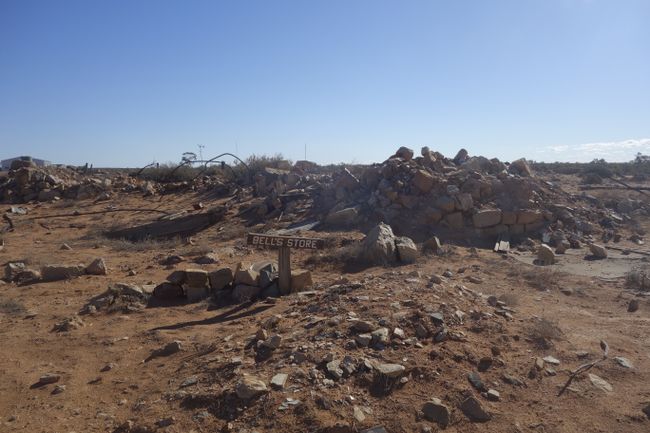
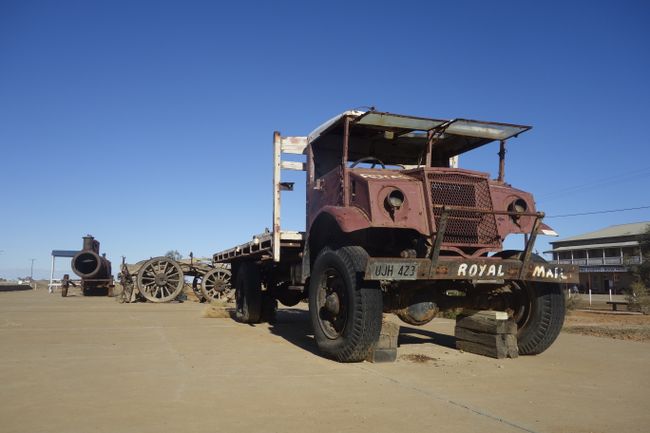
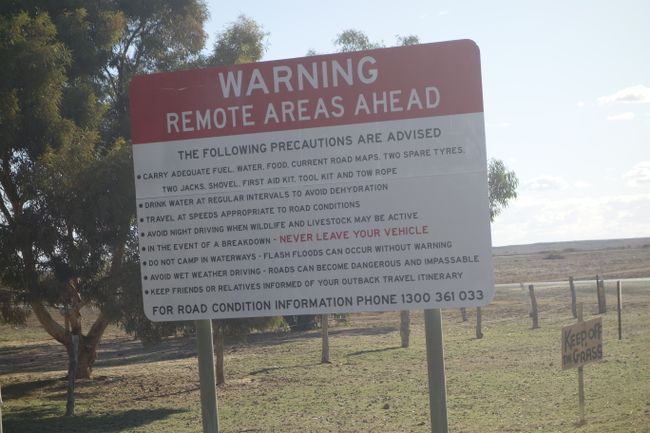
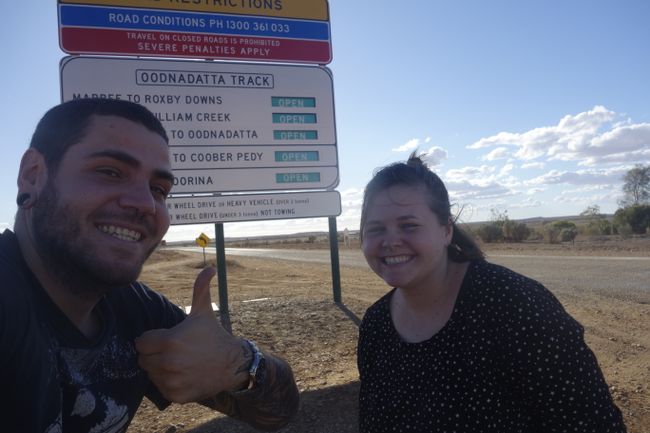
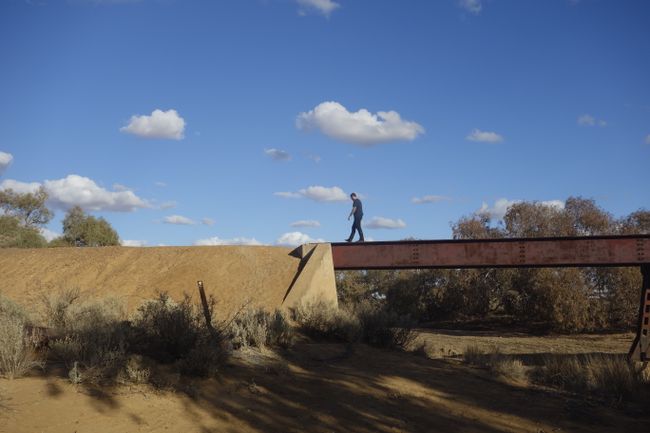
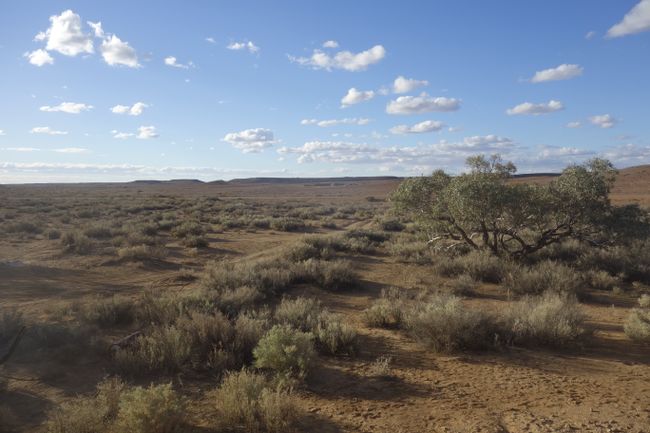
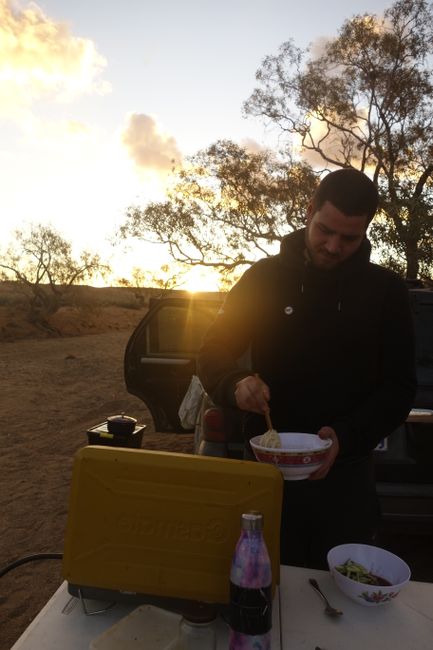
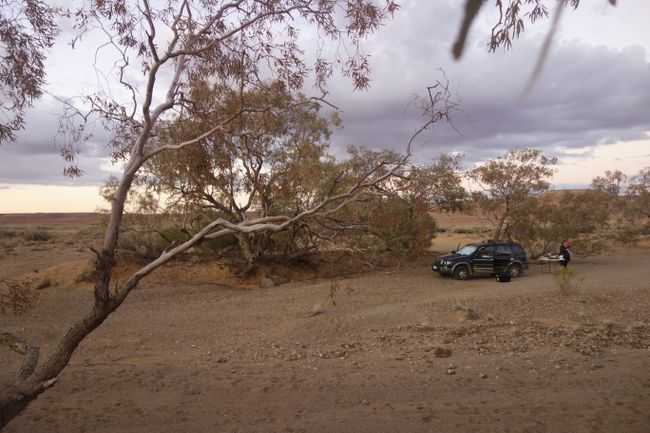
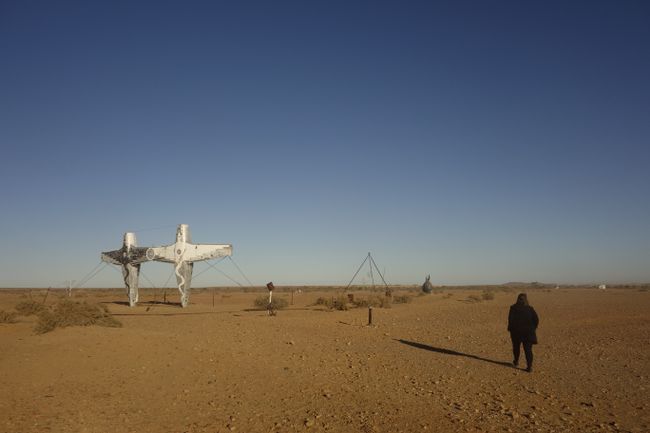
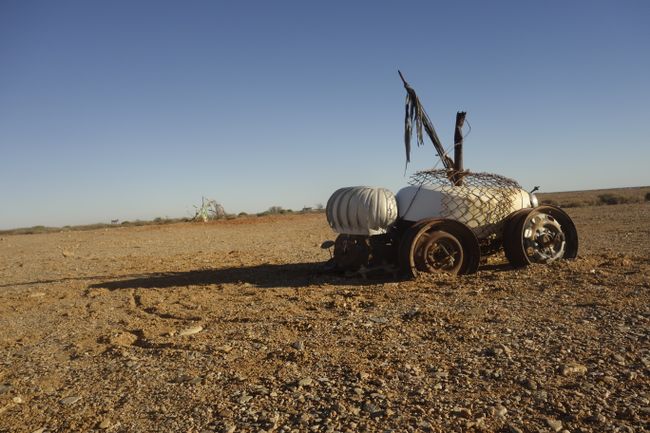
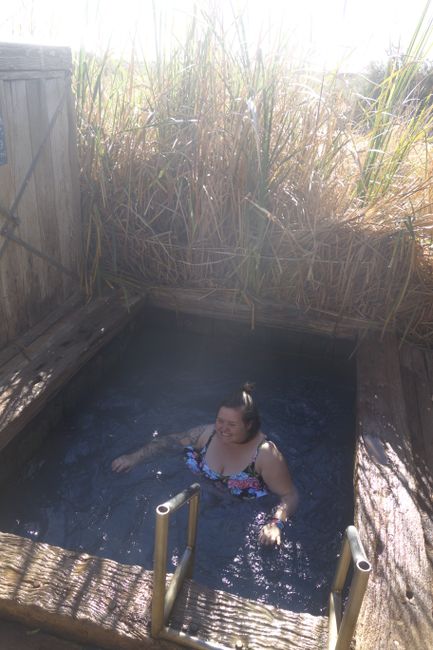
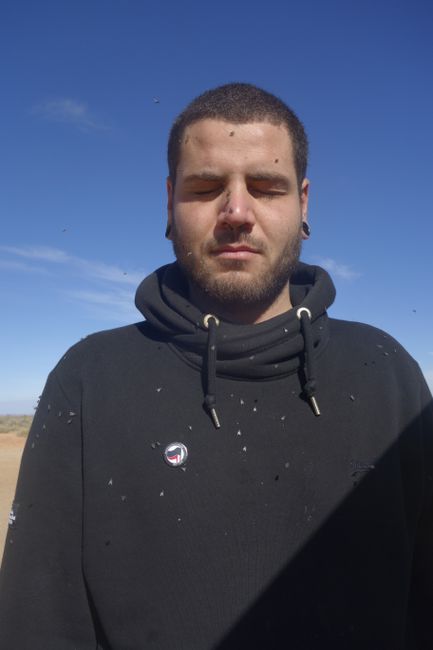
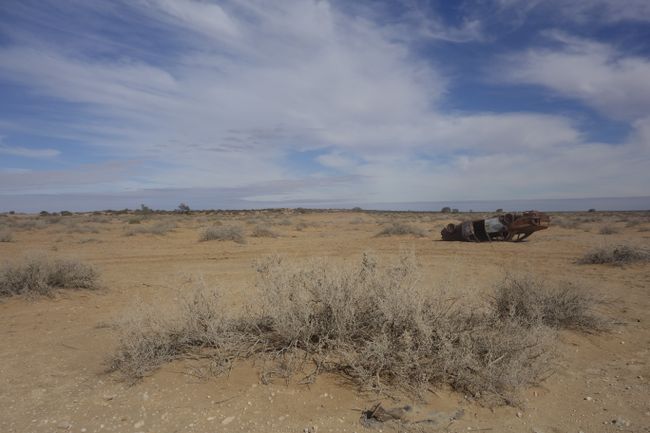
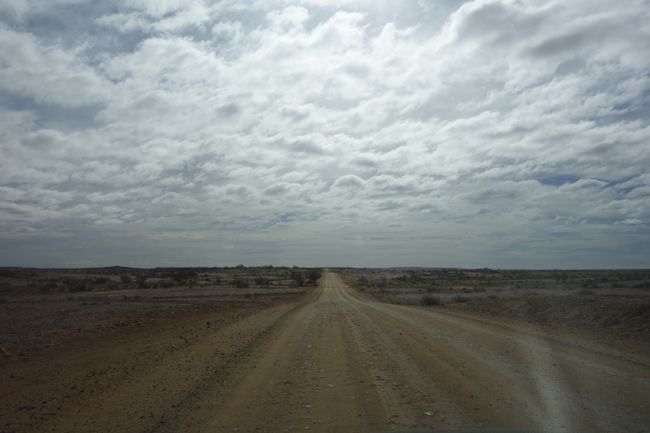
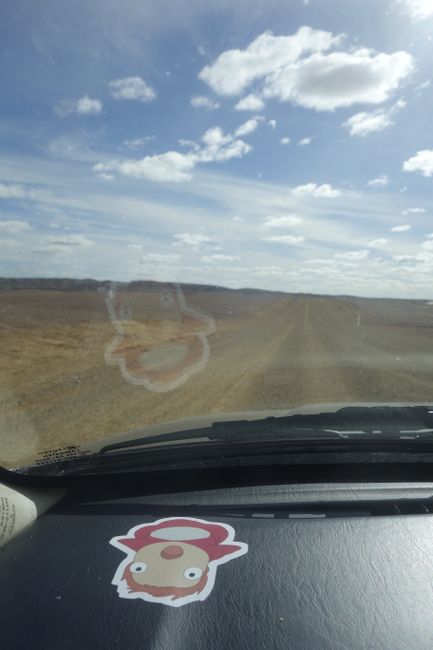
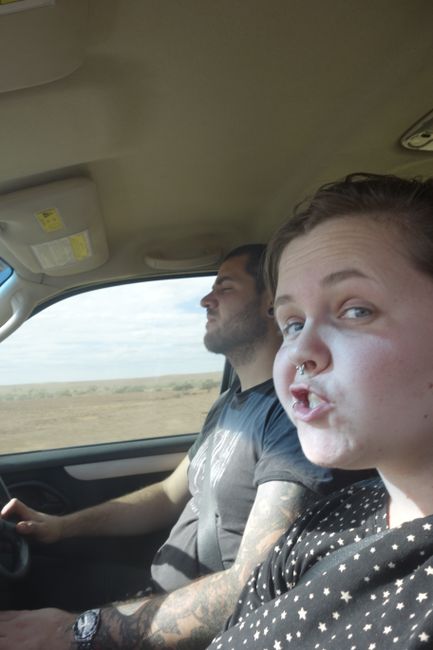
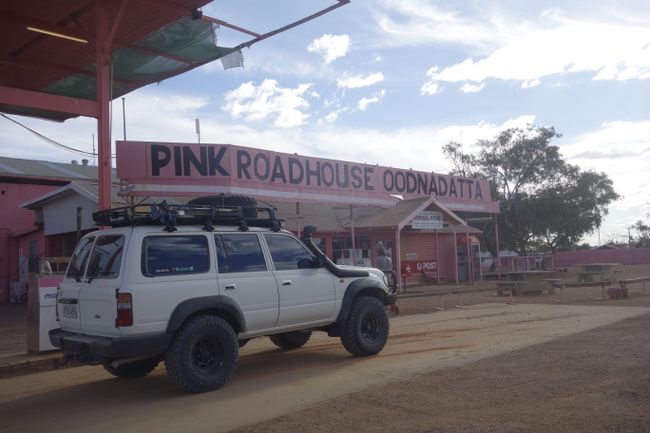
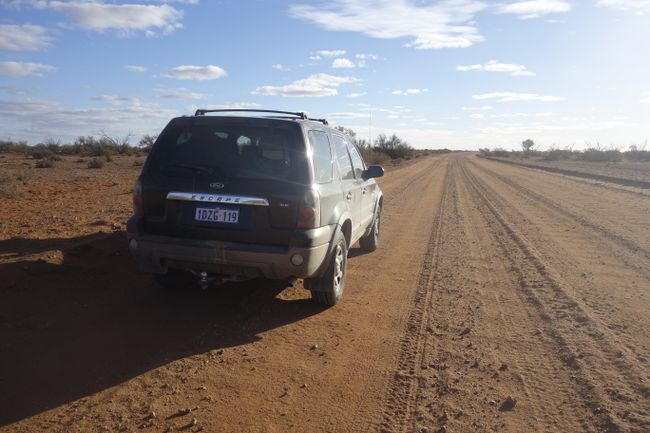
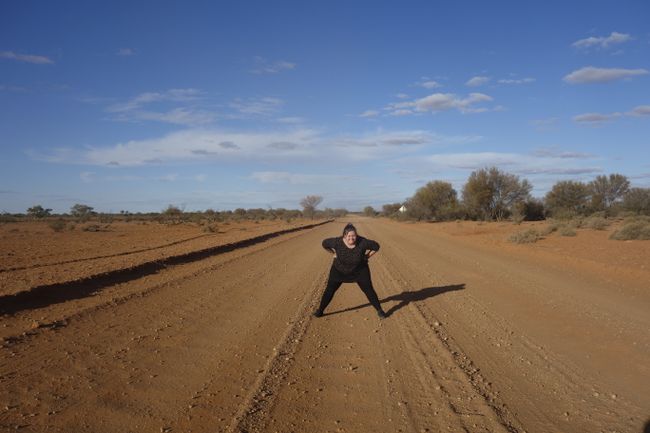
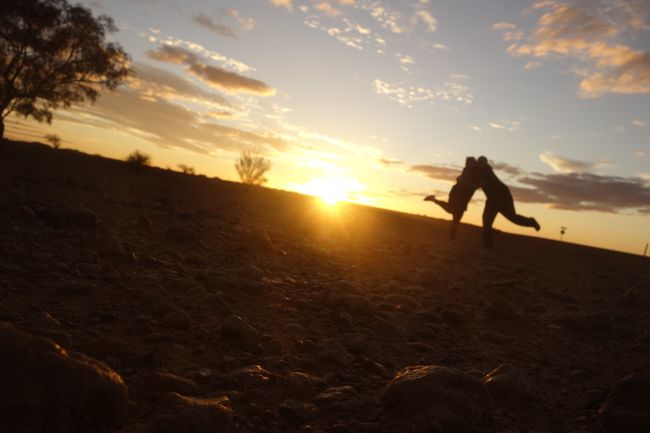
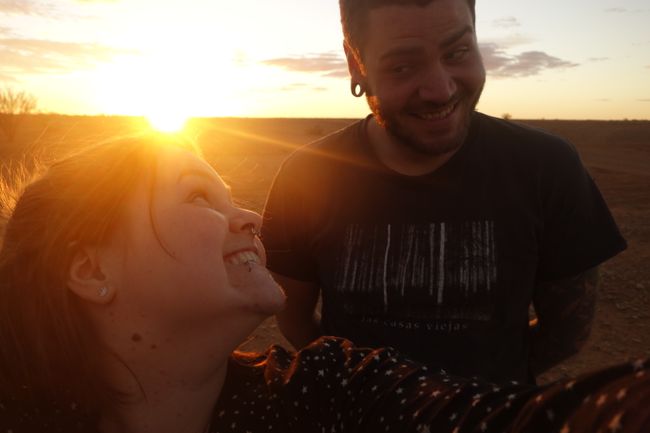
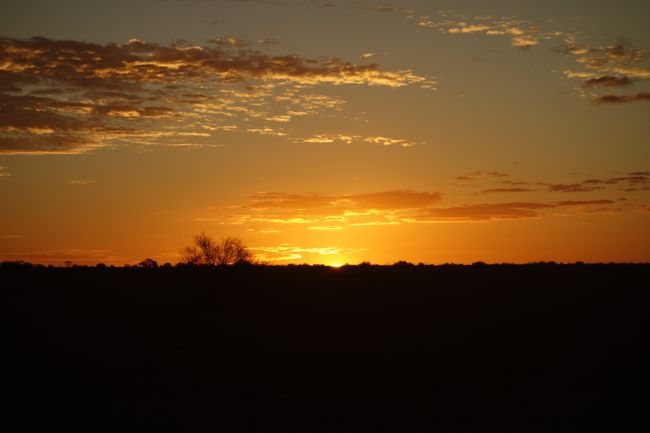
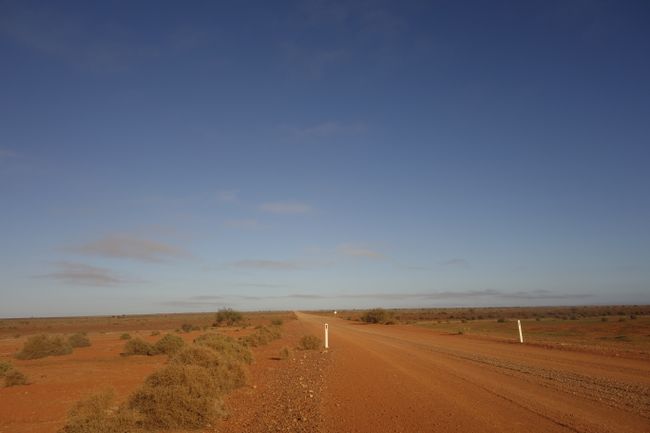
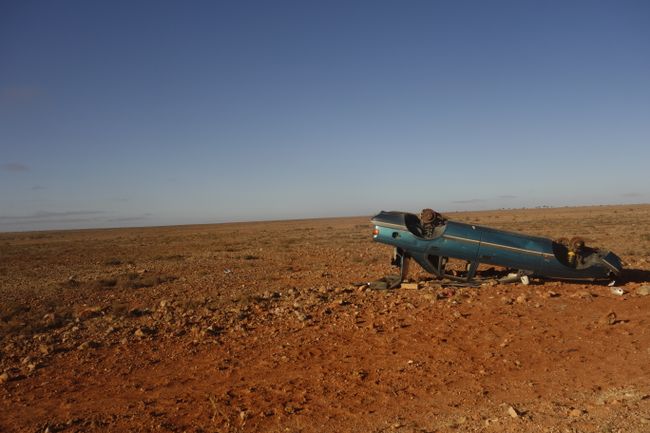
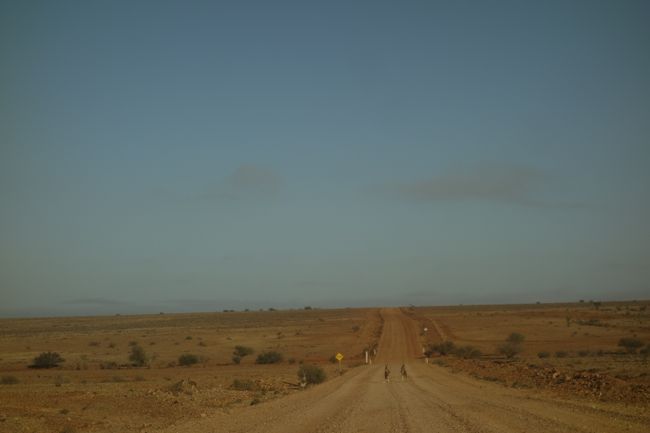
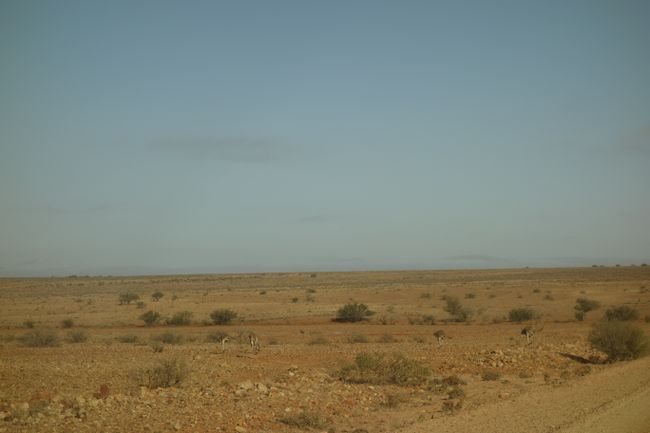
Abonner på nyhetsbrev
For weeks, we have been preparing step by step for our farewell from Melbourne... buying a car, registering and insuring it, getting supplies, packing everything neatly in boxes, selling our bikes, cleaning up our room, enjoying a last feast with the remaining roommates, sleeping one last time, and finally, we could start! The three of us... Lea, Mathias, and Ponyo (our car, which will now only be referred to by this name).
The first leg of the journey took us to Mildura, a small town in the northwest of the state of Victoria. After a few hours of driving, it became clear to us what it looks like in practice when only about 22 million people live on an area that is three-quarters the size of Europe (almost 5 million of them in Melbourne, the second largest city in the country). Endless expanses and hardly a person to be seen, occasionally a lonely car in oncoming traffic. One lane in each direction is completely sufficient for a highway here. And removing all the dead kangaroos from the roadside would probably be a waste of time (that's how it seems to be handled with the accident cars as well). After about 5 hours, we arrived at our destination and set up Ponyo for camping for the first time. Folding the back seats forward, packing all the luggage onto the front seats, and a sleeping area is created where the two of us can somehow squeeze ourselves in like Tetris blocks. We tested our camping stove for dinner before we went to bed very early (the sun currently sets around half past 5 and then it gets cold). The first night was a period of acclimatization... it wasn't really cozy. We were looking forward to the sun so that we could continue our journey.
The next destination was Peterborough, a small village in the more western state of South Australia. Just before the border, signs warned against bringing fresh fruit and vegetables into the state as it is illegal. Since we didn't know how strict the controls would be, but also didn't want to throw our vegetables into one of the quarantine containers at the rest areas just before the border, we quickly unpacked the camping stove and cooked the fresh vegetables. The plan worked because it was not objected to during the relatively strict border control. On the way to Petersborough, there was still a lot of open country to see. You can see how the green tones of the landscape gradually turn into red and brown. The accents of the people also become thicker, in rural Australia, the English equivalent of the Bregenzerwälder dialect is spoken. After a breathtaking sunset and another night in Ponyo, this time the other way round and already somewhat more comfortable, we continued further north.
Our first actual destination was the Oodnadatta Track, a more than 600km long, unsealed road through the Australian Outback. Even before we reached the beginning of the track, the desert landscape opened up to us. Now there were hardly any green tones to be seen. The track runs along a now discontinued railway line. Shortly before the start, you can visit the ruins of the former village of Farina. These are not ancient ruins as we know them, as some of the buildings were still used until the 1960s. Today you can buy baked goods from a restored underground bakery. Along the entire track, you can see ruins and parts of the former railway line again and again. Otherwise, you mainly see sand, rocks, and bushes. We spent two nights on the track and found campsites where we were completely alone. Every 200km or so, there is a small settlement with a roadhouse where you can refuel at an increased price and realize that you are not alone, how small and cute Ponyo is compared to all the off-road cars, and how you don't miss the contact with 'Bogans'. But for the most part, you can enjoy the solitude because there are fewer than 300 people living along the entire route, most of them in the village of Oodnadatta. Every now and then, there is a point of interest on the route, such as a sculpture park, a hot spring - well, warm would be a better word, but it was still nice despite all the flies - and a view over Lake Eyre, which only fills up every few years. Currently, it is at 60% and we could only guess the water from a distance.
On the last day on the track, we had about 120km left to drive and got up early. So we were the first car on the road and finally spotted a few kangaroos that obviously moved away from the road at the sound of the first vehicles. It's safer for everyone, we also had to brake properly a few times on this route to let one jump past. We encountered two kangaroos in the middle of the road having a boxing match, but they quickly fled in the same direction when they saw us.
We are not exactly experienced campers, but we have already settled in well and are getting into a routine. After a long time in the city, it is really great to be in nature and just the two of us.
Ponyo has mastered this route with flying colors, but the three of us were also glad to glide along paved roads again. So we continued for another 400km until we reached Alice Springs, which we will report on in the next part.
Abonner på nyhetsbrev
Svar (1)
Hanni
Es ist interessant, eure Reiseberichte zu lesen, und wir freuen uns immer wieder über neue Berichte. Zur Zeit ist es bei uns sehr heiß (34 Grad). Aus dem heißen Ländle ganz liebe Grüße - Oma und Opa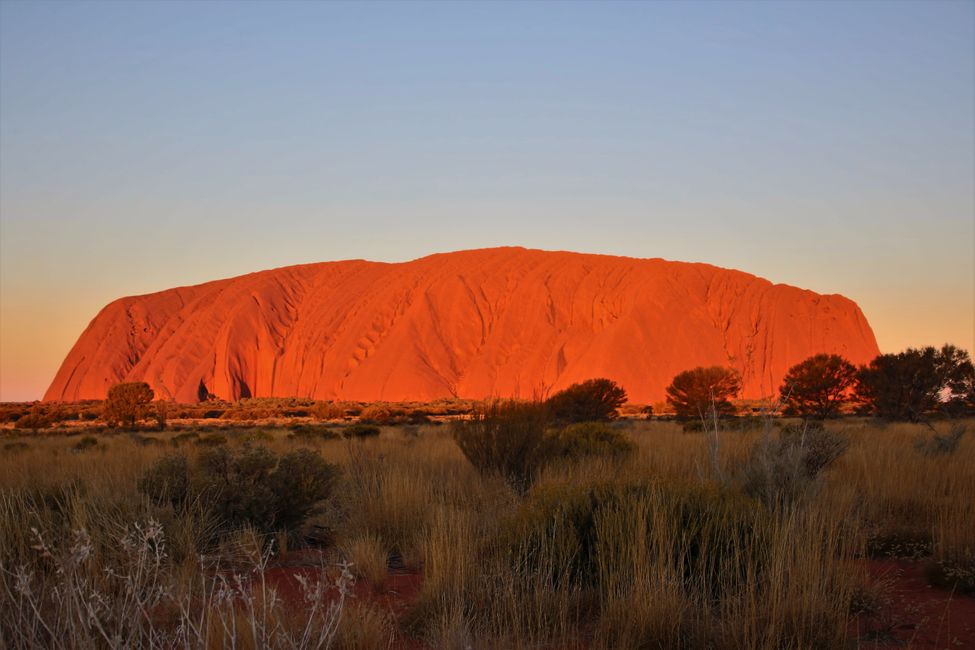
Reiserapporter Australia
